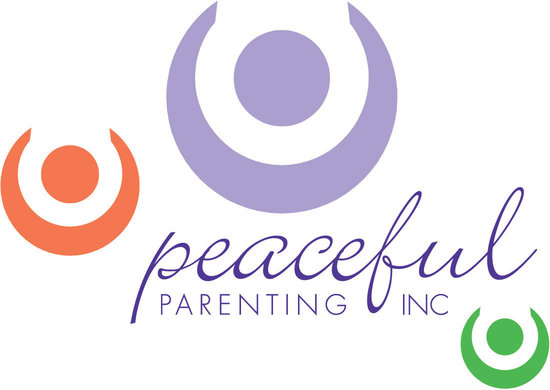The ultimate goal of disciplining anyone is to help that person learn to discipline him or herself. You can begin to shift your thinking about discipline with your children by thinking of it as a teaching activity. Rather than trying to control or stop your child, your goal is to teach your child the effective behavior of self-discipline so that she will know what and how to behave effectively, responsibly and respectfully even when you‘re not around to guide her. Ultimately you want your child to live responsible, creative, fulfilling lives independent of you, and hopefully still involved with you.
Teaching self-discipline is not an exact science. Using any discipline approach does not work all of the time. Teaching self-discipline is an art. The good news is that as parents we get to practice this art on a daily basis, and depending on the age and stage of your child it might be on an hourly basis.
Here are some keys that can help:
Responsibility — Remember that responsible means a person’s ability to meet his own needs in ways that don’t interfere with other people (including parent’s) ability to meet their needs. Teaching self-discipline means you are helping your child get what she wants to meet her needs in ways that don’t interfere with other people’s ability to meet their needs.
Expect Mistakes as Part of the Learning — Children are not born knowing how to meet their need for safety, love, power, fun, and freedom responsibly. They are only born driven to behave to meet these needs. Parents should expect that children will misbehave and behave irresponsibly. Learning how to behave responsibly with a strong urge for safety, love, power, fun, and freedom means they will make mistakes. Learning anything new includes making mistakes. A parent can decrease her own feelings of frustration approaching her child as calmly as possible, knowing that a normal part of learning anything includes mistakes and errors.
Freedom and Safety — Discipline is actually a balance between the need for freedom and the need for safety. When a child has more freedom than he can handle responsibly he feels unsafe. When a child has enough responsible behaviors to handle more freedom, but is not allowed it because someone (usually a parent) doesn’t feel safe, the child feels restricted and oppressed. A parents job is to slowly increase freedom as you teach your child how to handle the additional freedom responsibly. You would never give a toddler and a teenager the same level of freedom. That is simply too much freedom for a toddler, who would then feel unsafe. It is also too little freedom for a teen who would feel oppressed.
Mamas & Papas!
Summer is upon us which means that we may be seeing WAY more of our children than normal now that school’s out. They may be bored, and they may be acting up. If you could use an hour to just talk to me about what’s going on and get some advice on how to deal, I’m offering a summer special on my one-hour consultations. Normally, one hour is just $125, but I’m taking $50 off and offering $75 parent consultations through August 31st this year.
Send me an email at parentdr@gmail.com to get a special payment link. Can’t wait to talk to you! Learn more here: http://www.peacefulparenting.com/coaching.asp
